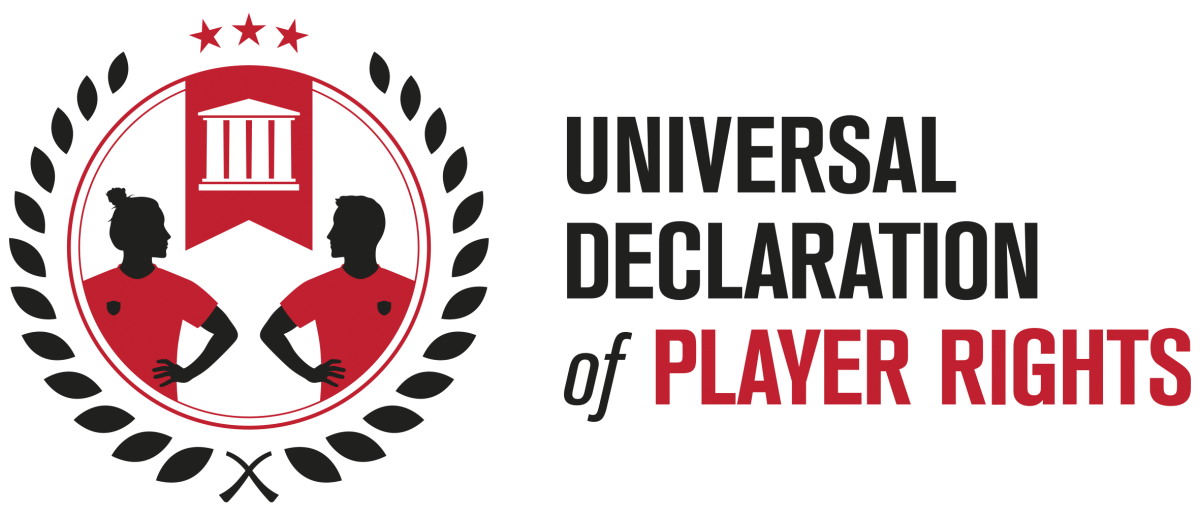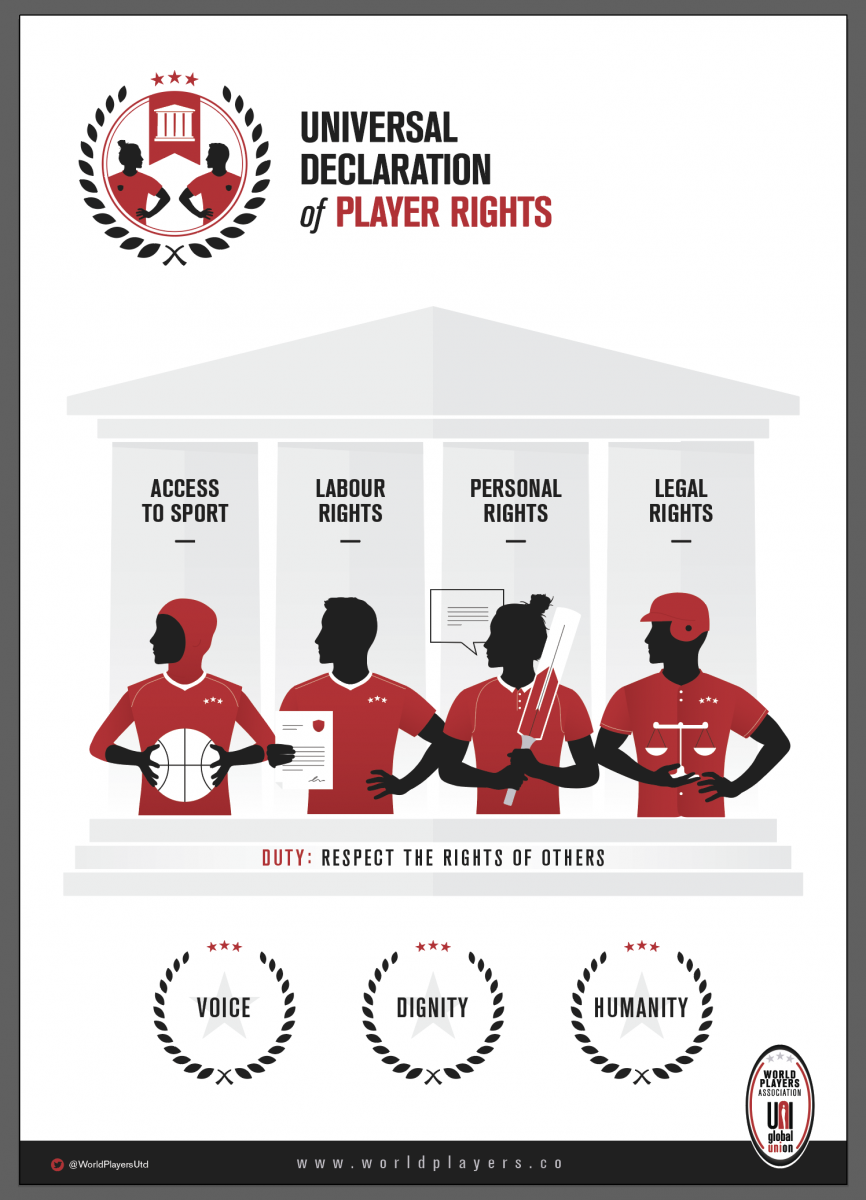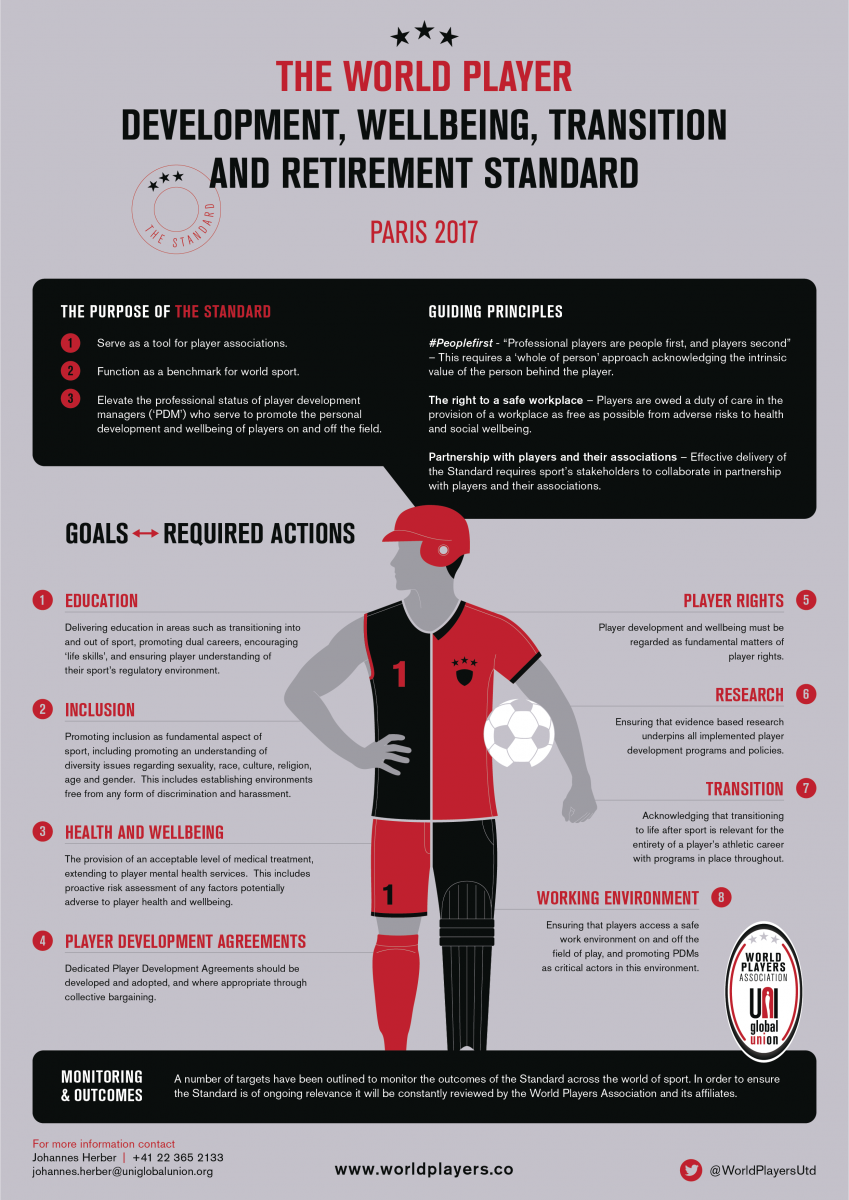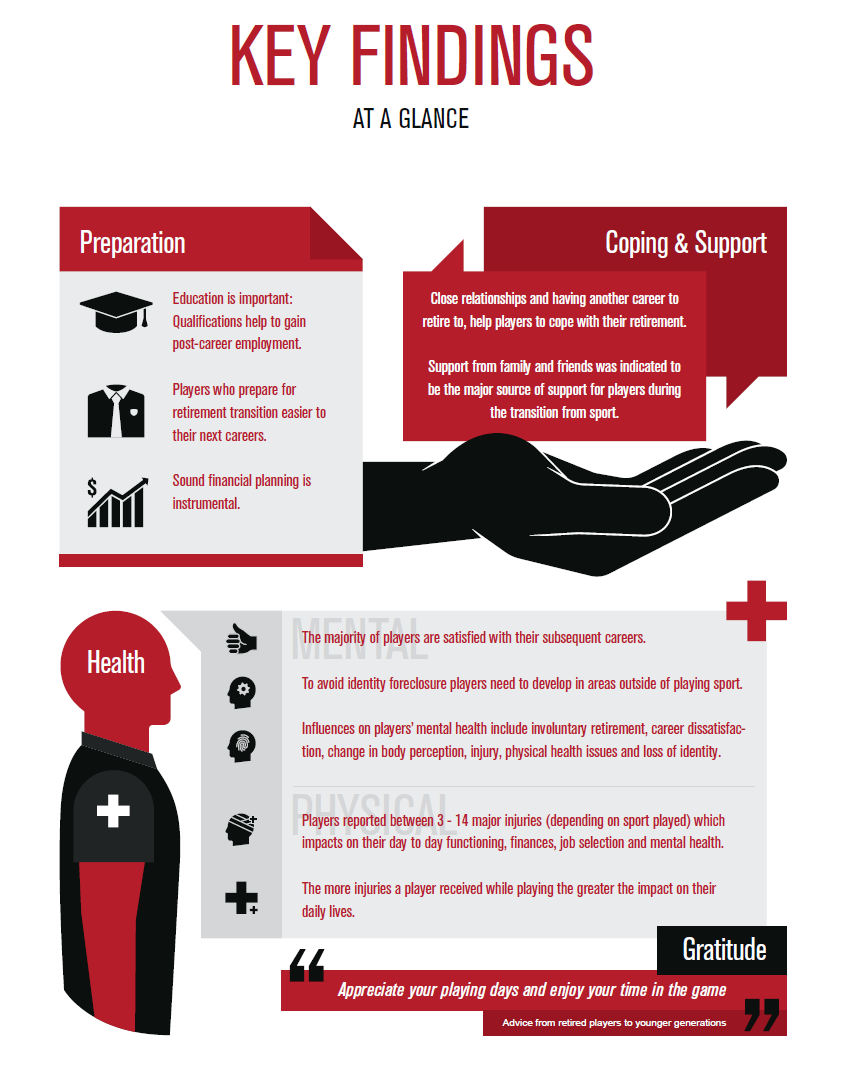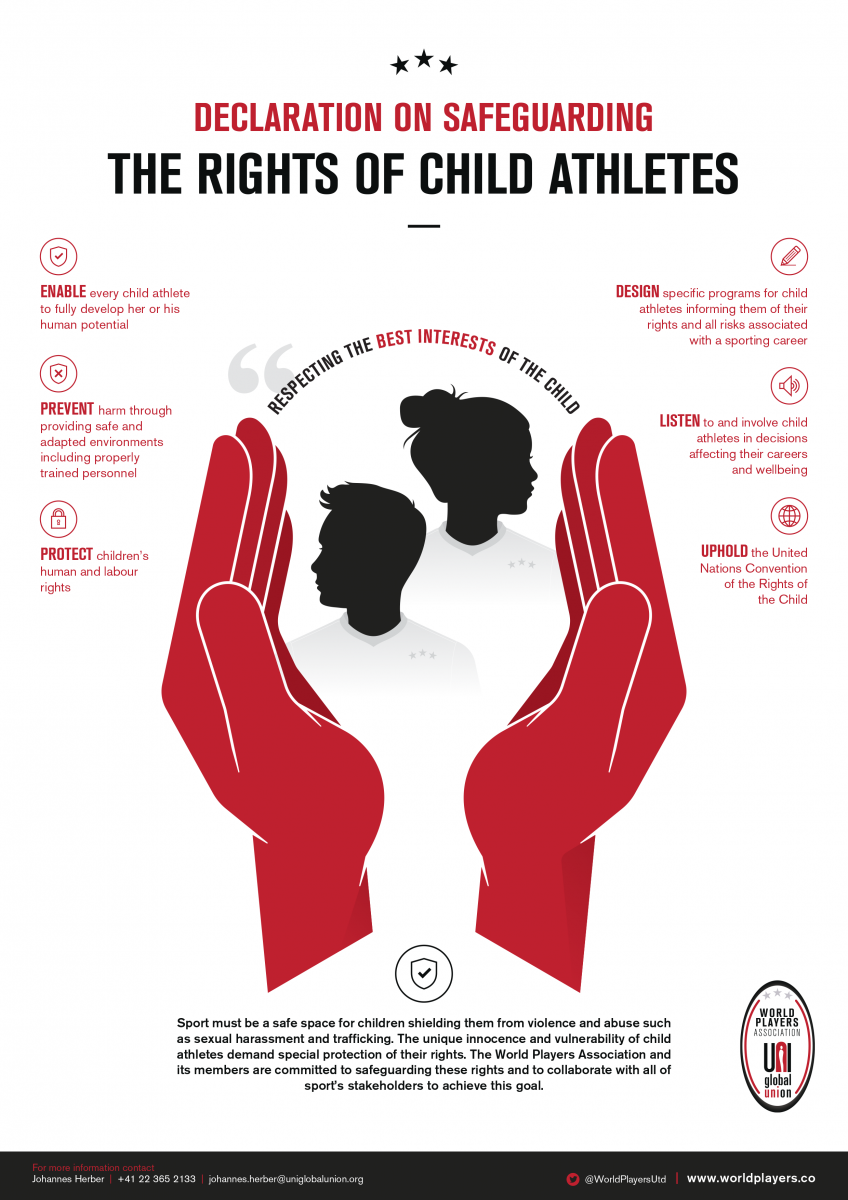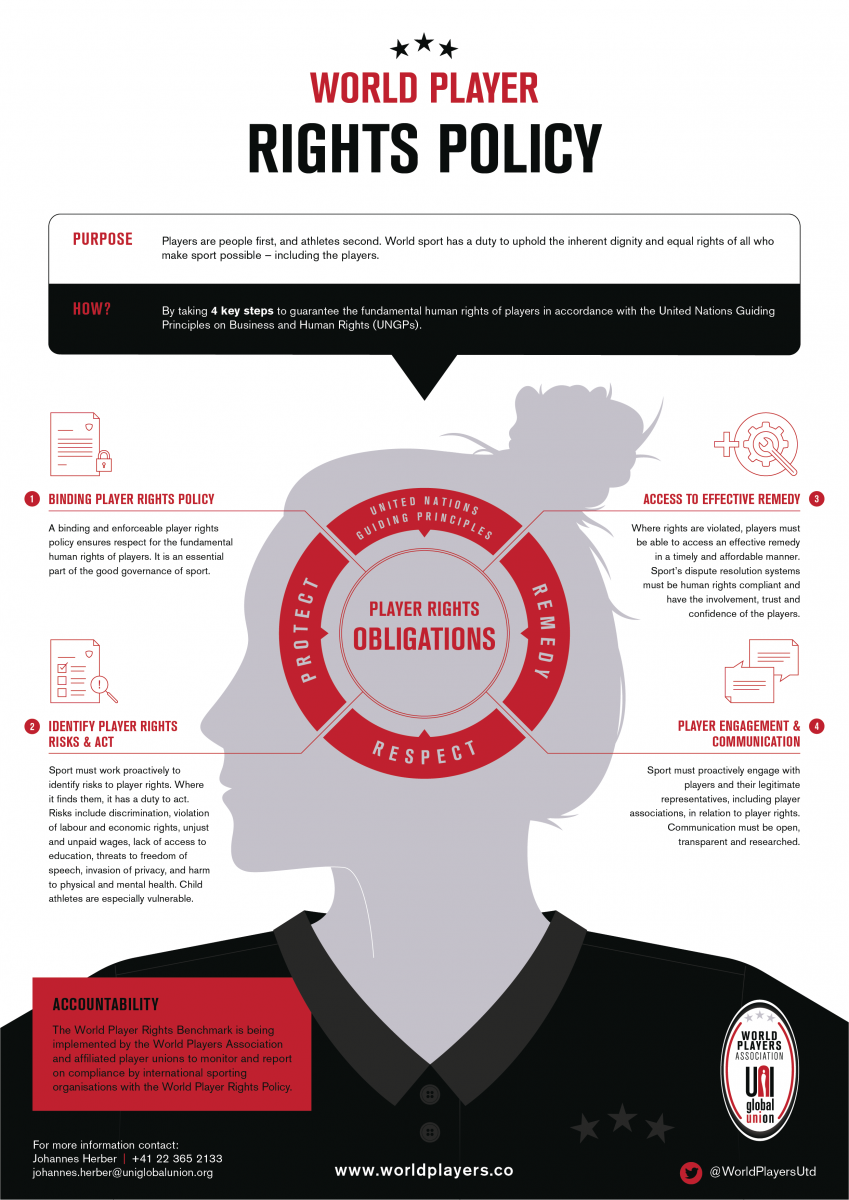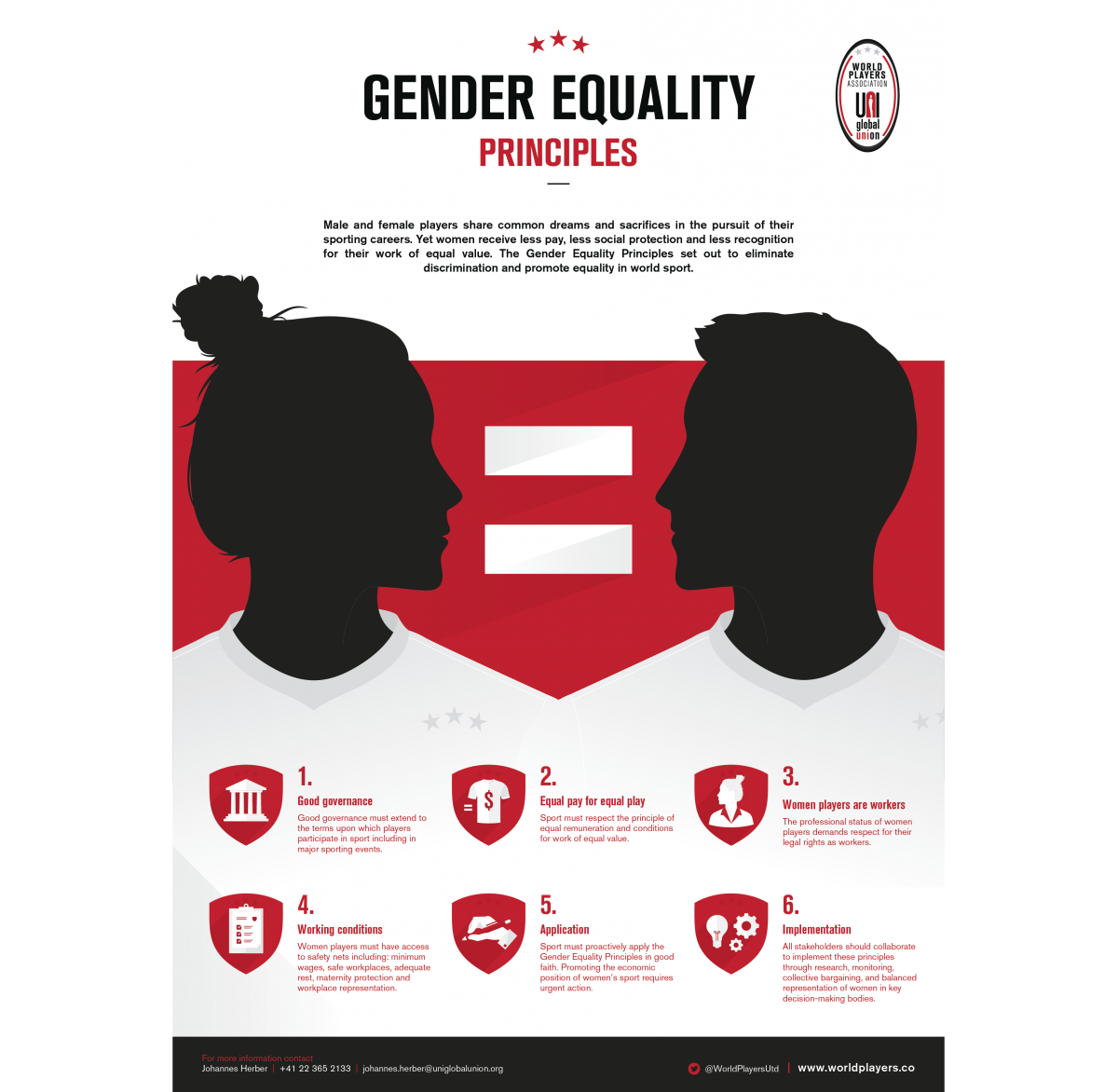World Players
Player rights policies and resources
The World Players Association takes a knowledge driven approach to its work. Some key policies are below:
Universal Declaration of Player Rights
The Universal Declaration of Player Rights (Declaration) was launched on 14 December 2017 in Washington, D.C. The Declaration is designed to protect players from ongoing and systemic human rights violations in global sport. It is the first comprehensive articulation of athletes’ rights and sets a benchmark for international sporting organisations to meet their obligations to protect, respect and guarantee the fundamental rights of players.
Additional resources:
Universal Declaration of Player Rights - Short version
The Development of the Universal Declaration of Player Rights - A summary of the research and consultation process that underpinned the development of the Declaration
"When We Know Bettter, We Do Better." Embedding the Human Rights of Players as a Prerequisite of Lex Sportiva and Sport's Justice System. - Article by Brendan Schwab, published in the Maryland Journal of International Law in December 2017.
Graphic (please click image to enlarge)
Audio of press availability session accompanying the launch:
Video of World Players' affiliates speaking about the importance of the Declaration:
2018 Sporting Chance Principles on Sport and Human Rights
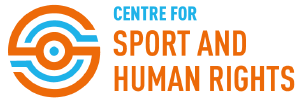
All members of the Advisory Council of the Centre for Sport and Human Rights are committed to the fulfillment of the Sporting Chance Principles, united in the aim to fully align the world of sport with the fundamental principles of human dignity, human rights, and labour rights.
World Player Development, Wellbeing, Transition and Retirement Standard, Paris 2017
(Please click image to enlarge.)
The World Player Development, Wellbeing, Transition and Retirement Standard was first developed at the World Player Development Conference held in April 2017 in Paris. It is designed to:
- Serve as a tool for player associations in the negotiation and design of player development and wellbeing programs in partnership with sporting bodies, leagues and clubs
- Set the benchmark for the world of sport regarding the value it places on developing players holistically
- Elevate and enhance the role of the Player Development Manager (PDM) in sport.
Professional Development Manager (PDM) – Job Description
The PDM Job Description is an attachment to the World Player Development Standard. It outlines the the purpose, relationships, tasks, competences and qualifications that are key to succeeding as a PDM.
Transition from Sport: A Review of Player Association Research into Retired Players
(Please click on image to enlarge)
The report Transition from Sport: A Review of Player Association Research into Retired Players provides a summary of 24 retired player surveys conducted or commissioned by player associations across the world. Its purpose was to review the existing body of past player research with the aim to identify:
- common trends and patterns
- research gaps
- differences and best practice in research design
The report is also available in Spanish here.
Declaration on Safeguarding the Rights of Child Athletes
(Please click on image to enlarge.)
The Declaration on Safeguarding the Rights of Child Athletes sets out several concerns, principles and action areas with the objective of ensuring that the fundamental rights of children are promoted, protected, respected and fulfilled within professional sport.
World Player Rights Policy
(Please click on image to enlarge.)
The World Player Rights Policy articulates the urgent need for international sporting organisations (ISOs) and other relevant sport stakeholders to adopt a player rights policy and spells out the necessary commitments and obligations which any such policy must contain.
Athletes’ Rights White Paper, January 2017
This paper, prepared as part of the work of the Mega Sporting Events Platform for Human Rights, makes a number of important observations:
- There is presently an absence of a binding and standing human rights policy and capacity across professional sport within sporting bodies that deals with the human rights of athletes
- A human rights due diligence process is often absent from the governance, regulation and conduct of sporting bodies in relation to the athletes
- Collective bargaining and social dialogue are not widespread
- Despite the substantial legal capacity of sporting bodies to protect, promote and enforce the human rights of athletes through a sports based grievance mechanism, such a mechanism has not been created.
White Paper Remedy Mechanisms for Human Rights in the Sports Context, January 2017
This paper maps out various means of access to remedy in a sport-related context, including mechanisms within selected sports bodies and institutions, and identifies current gaps in dealing with human rights-related issues, as well as judicial and non-judicial mechanisms that may be used to deal with human rights issues
Report on the Economics of International Sporting Federations, October 2016
This report, prepared internally by World Players, reports on the revenues of International Sporting Federations including the IOC, FIFA, UEFA, the ICC and World Rugby, and the distribution of those revenues. Despite bigger tournaments with more games to drive revenue growth, the billions of dollars in revenues are, in the main, presently not being shared with the players be they the players directly involved in the events or generally through investment in player protection, development and wellbeing.
Report on the Economics of International Sporting Federations
Gender Equality Principles, April 2016
(Please click image to enlarge.)
The application of the Gender Equality Principles of World Players will ensure that sporting organisations employ female players on terms that meet their obligations under international labour and anti-discrimination standards.
Statement of Concern on the Effectiveness and Fairness of Anti-Doping Policy, April 2016
The April 2016 statement of World Players sets out ten fundamental concerns of the players regarding the effectiveness and fairness of current anti-doping policy.
Statement of Concern on the Effectiveness and Fairness of Anti-Doping Policy
2015 FIFPro sports law conference – ‘legal legends in sport and the future of sports law.’ The role of athletes in delivering the good governance of sport, December 2015
Despite claims by FIFA of fundamental and historic reforms to its governance and structure, this December 2015 presentation – made four months before the passage of the so-called reforms – highlights that the reforms failed to ask the most fundamental question – “who owns FIFA?”
2015 ‘Play the Game’ conference, Aarhus, Denmark – the role of athletes in delivering the good governance of sport, October 2015
The widespread debate about good governance in sport largely ignores the role of the players.
An explanation of UNI World Athletes, the global players’ and athletes’ association across professional sport, August 2015
Prepared for the www.lawinsport.com website, this article explains the global movement that led to the establishment of the World Players Association (then called UNI World Athletes).
Explanation of UNI World Athletes
‘Organised athletes: a critical voice in sports governance’ – paper for Transparency International’s Global Corruption Report: Sport, July 2015
Transparency International’s landmark global corruption report into world sport includes the voice of the organised athletes of the world.
The Nyon Declaration, November 2011
The formal establishment of the World Players Association on 5 December 2014 was the culmination of the historic players’ summit held in Nyon, Switzerland on 14 and 15 November 2011, which brought together the global, regional and national player and athlete associations that now constitute the membership of the body. Expertly facilitated by Philip Jennings and Walter Palmer of UNI Global Union, the summit closed with the adoption of the ‘Nyon Declaration’.



